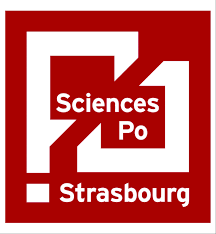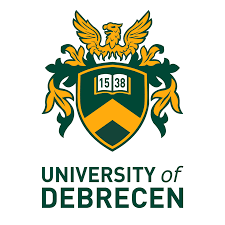The Centre for Europe at the University of Warsaw was established in October 1991 as one of the very first institutions of its kind in Poland. The Centre is an autonomous interfaculty institute specializing in European Studies. The Centre for Europe focuses its research and teaching activities on political, economic, legal, as well as cultural and social aspects of European development, within an interdisciplinary framework. The Centre’s main research areas include: the European Union’s position and role in international relations, its security and neighbourhood policies, the financial dimension of integration and the extension of the Euro zone, the EU’s role in international trade, the legitimisation and democratisation of the EU, globalisation and governance in the EU and the development of civil society in times of globalisation, European cultural heritage, and the anthropology of a New Europe. The Centre’s primary objectives are to promote, initiate and support research and education in European Studies; to develop the European and international collaborative research network; and to create a broad forum for the exchange of ideas. The fact that the Centre has been awarded one of the highest marks in the classification of the State Committee for Scientific Research is evidence of its high level of development and prominent position in research ranking. The Center is a traditional partner of the Faculty of European Studies (Erasmus mobilities, conferences, joint publications) and will ensure the participation of a large number of lecturers and researchers in the conference, in order to strengthen the research on regional cooperation in East-Central Europe, from the Polish point of view. Also, the participation of the Center will allow to explain the so-called "Polish model" of regionalization, which Romania and other states of European Union can follow. Moreover, in 2019, the Center for Europe has signed a partnership agreement with the Institute for European Research of the Faculty of European Studies in order to strengthen the relations between the Polish and the Romanian academic environment.


